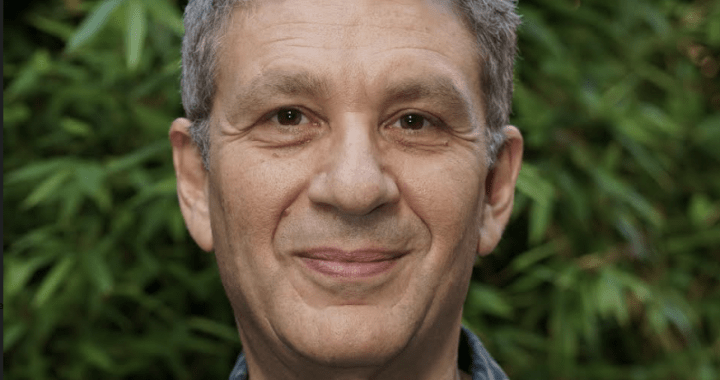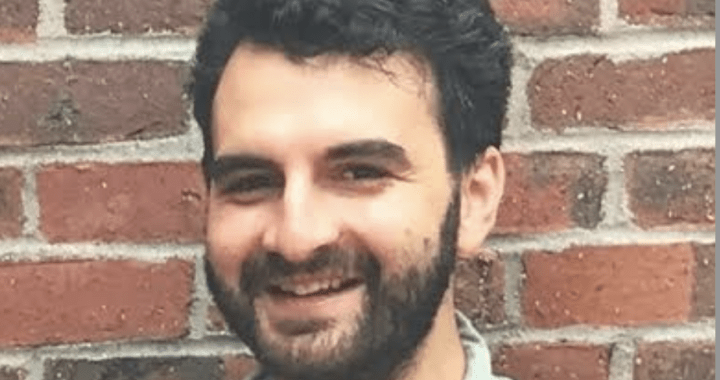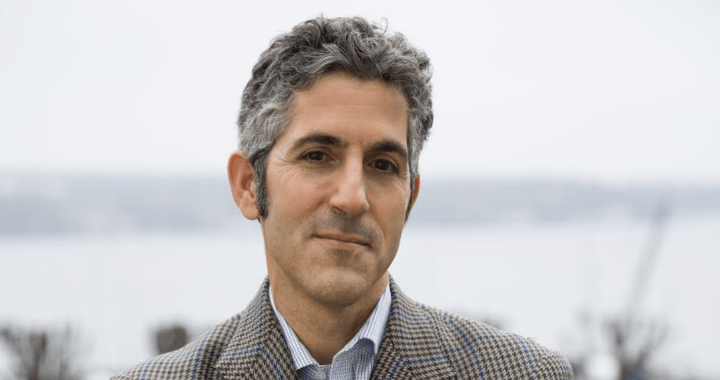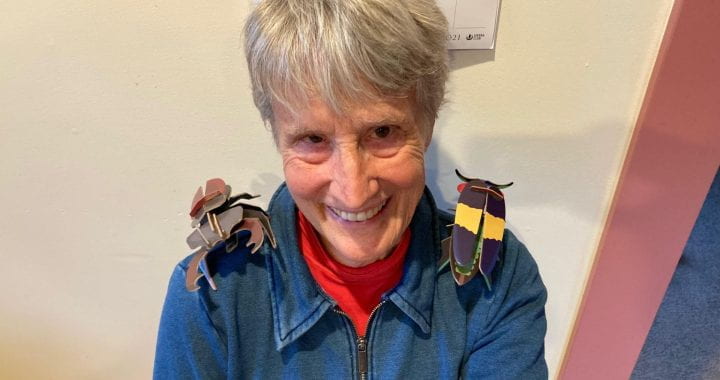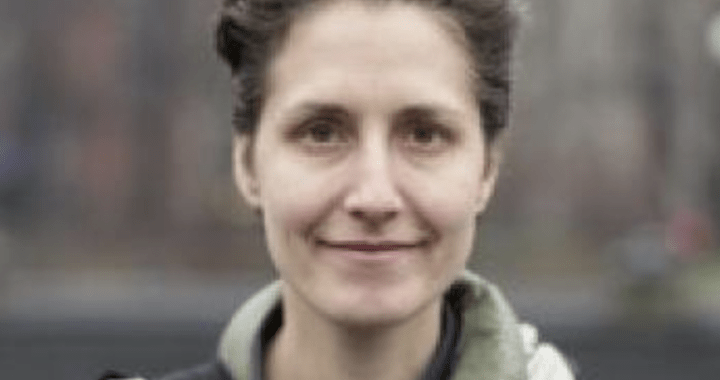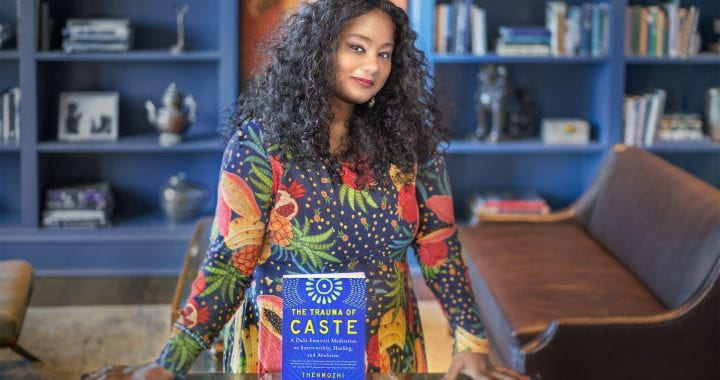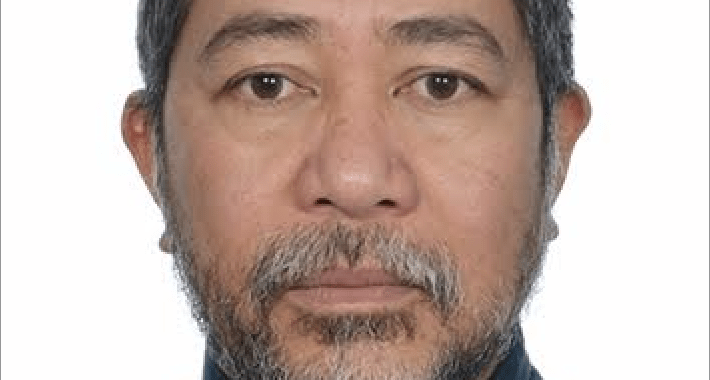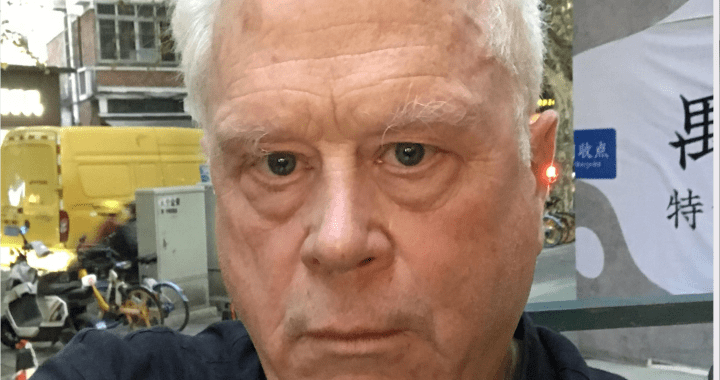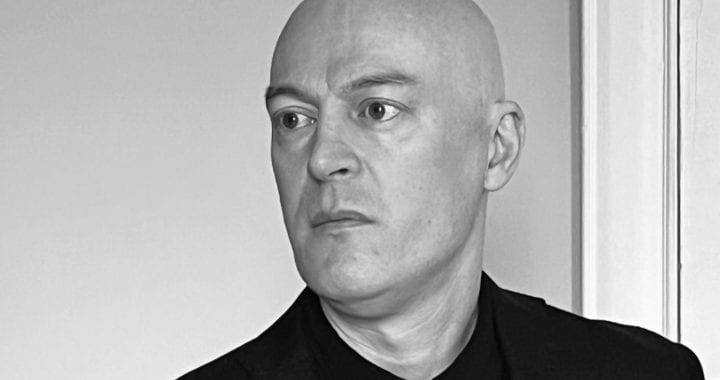Co-sponsored by History of Consciousness: GeoEcologies + TechnoScience Conversations, Global and Community Health, and the Science & Justice Research Center
This two-hour roundtable improv (12.15-2.00pm) brings together ten UCSC scholars working on social, historical, and cultural studies of science, technology and medicine. The event will be structured around eight open, improvised conversations. Rather than structured around formal talks, each conversation will start with a question from a different panelist exploring emerging practices, speculative transformations, and critical imaginings of technoscience, health and ecology. With: Dimitris Papadopoulos (convener), Karen Barad, James Doucet-Battle, Kat Gutierrez, Maria Puig de la Bellacasa, Jenny Reardon, Warren Sack, Kriti Sharma, Matt Sparke, Zac Zimmer
Karen Barad is Distinguished Professor of Feminist Studies, Philosophy, and History of Consciousness.
James Doucet-Battle is an Associate Professor in the Department of Sociology and Co-Director of the Science & Justice Research Center.
Kat Gutierrez is an Assistant Professor in the History Department.
Dimitris Papadopoulos is Professor of History of Consciousness in the Department of History of Consciousness.
Maria Puig de la Bellacasa is Professor of History of Consciousness in the Department of History of Consciousness.
Jenny Reardon is a Professor of Sociology and the Founding Director of the Science & Justice Research Center.
Warren Sack is Professor of the Software Arts in the Film + Digital Media Department.
Kriti Sharma is an Assistant Professor of Critical Race Science and Technology Studies in Critical Race and Ethnic Studies.
Matt Sparke is Professor of Politics in the Politics Department and Co-Director of Global and Community Health.
Zac Zimmer is an Associate Professor of Literature in the Literature Department.
Date | Time
May 1, 2024 | 12:15 – 2:00 PM [PST]
Free and open to the public
Venue | Location
Humanities Building 1, Room 210
University of California, Santa Cruz


